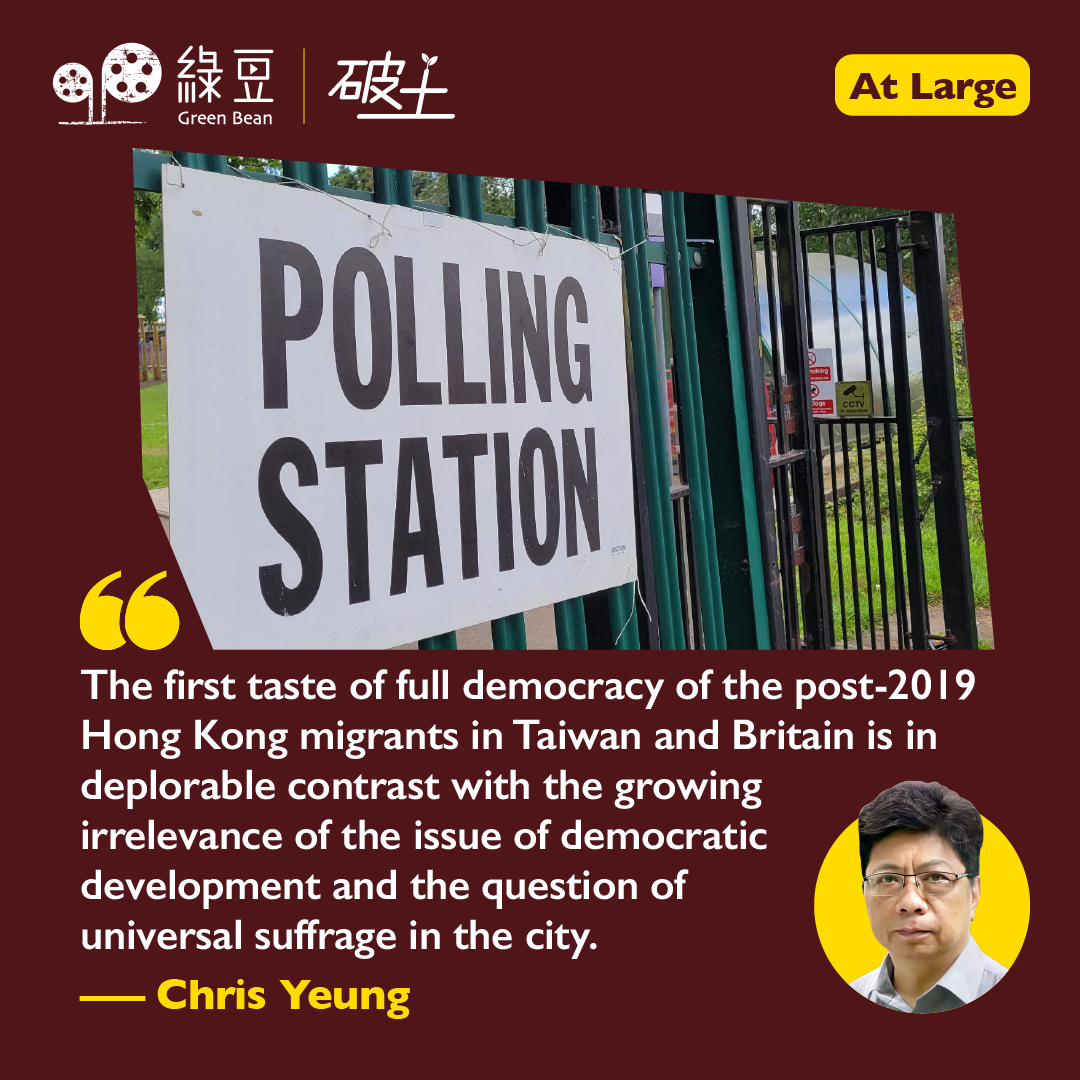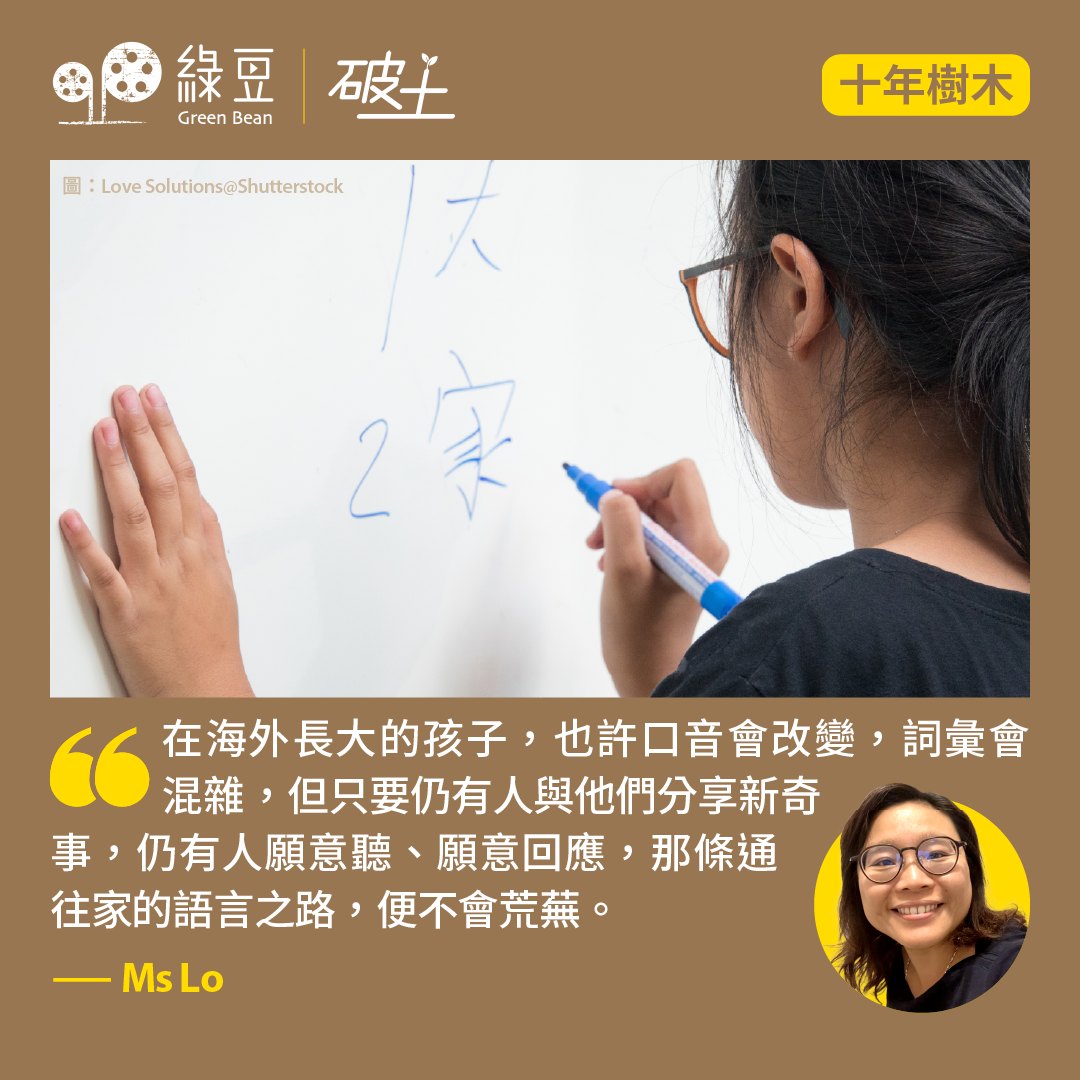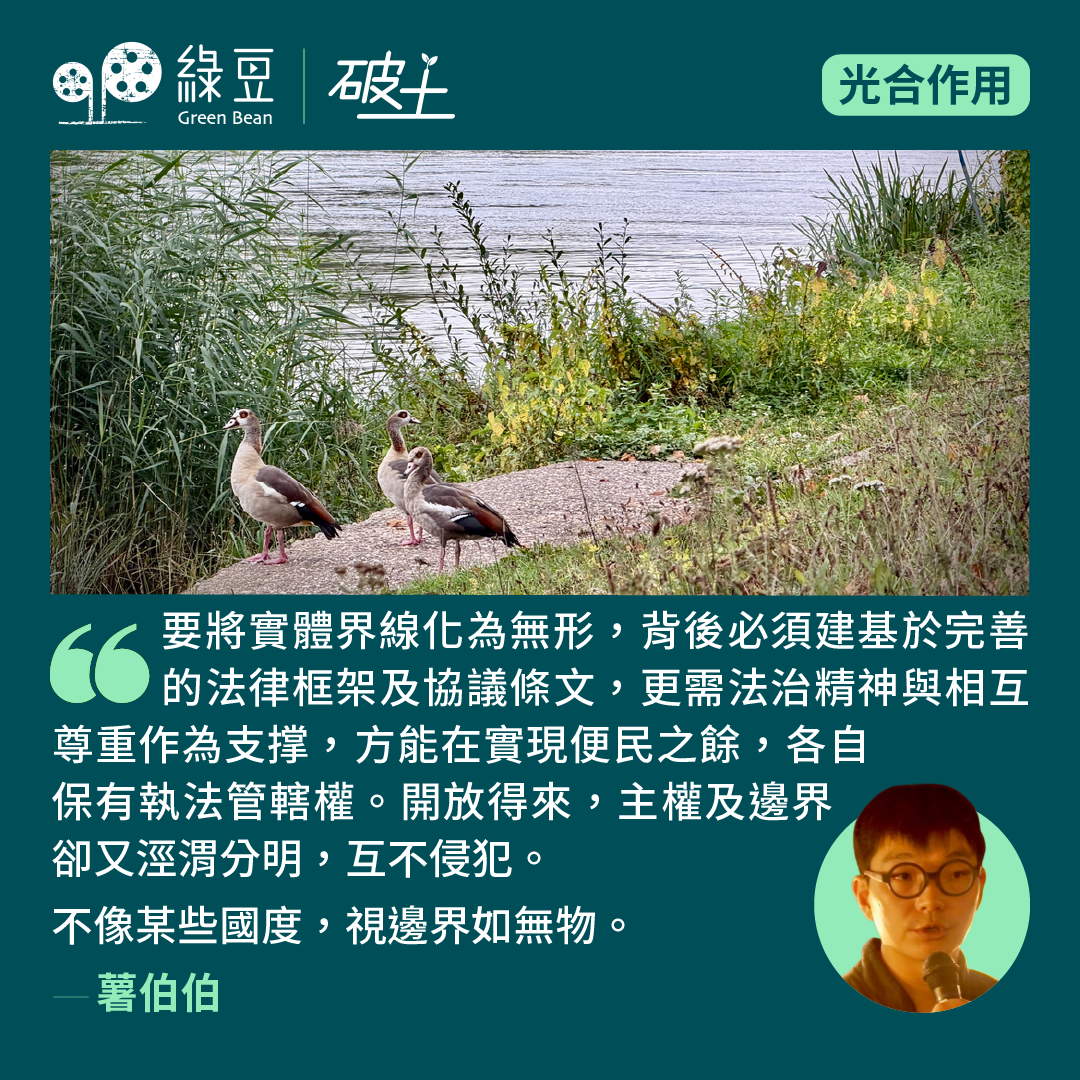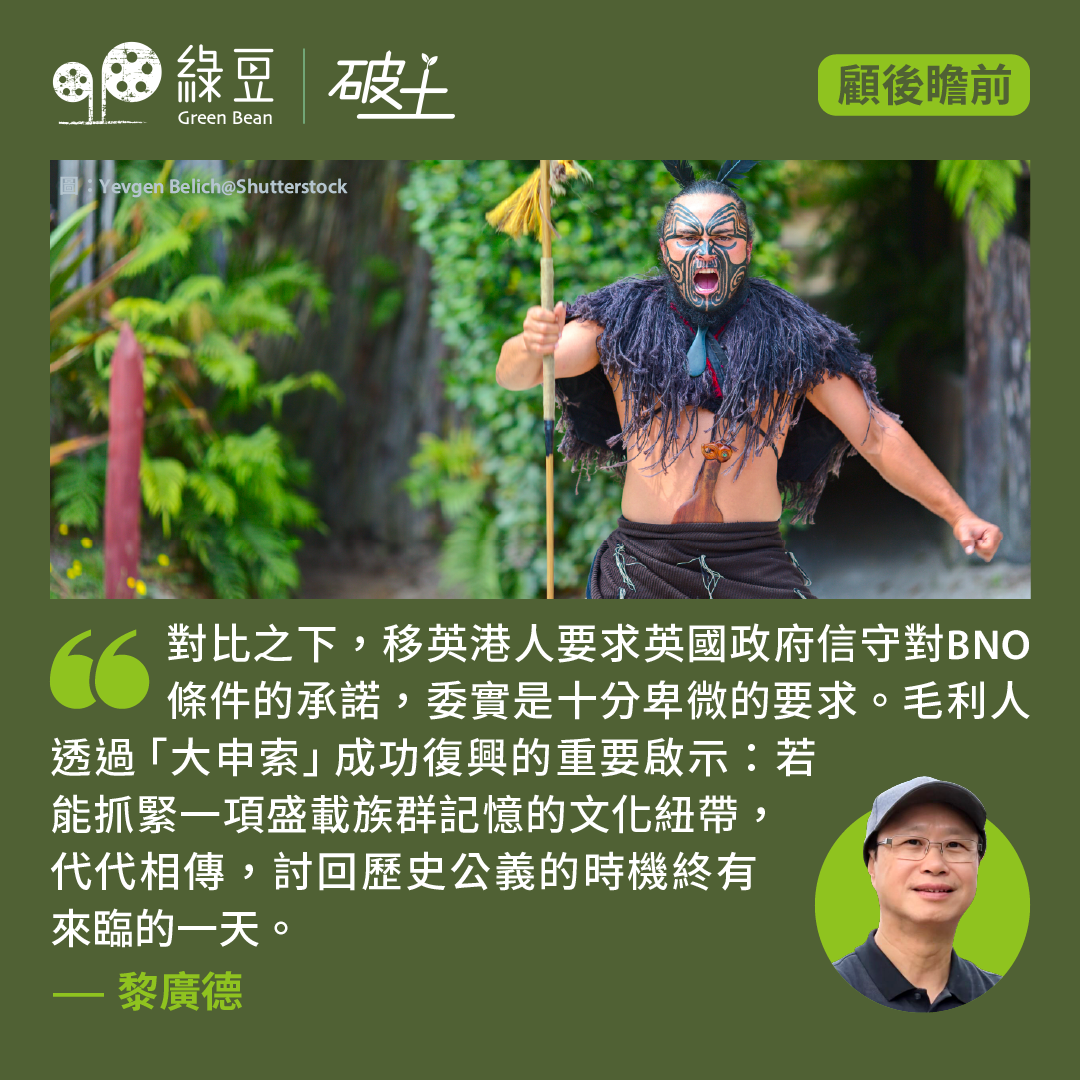HK people just audience in election year

2024 is an election year around the globe. In January, Taiwan people made history by giving the Democratic Progressive Party, which Beijing branded as separatist, five more years in the presidential election. Last week, British voters ended 14 years of Conservative rule by backing Labour’s pledge of change with their votes. In November, Donald Trump is set to regain the presidential seat that he lost to Joe Biden in the controversial poll four years ago.
2019 District Council election
If they and some other general elections elsewhere have one thing in common, it is the show of the power of democracy in plugging change. For better or for worse, each voter has a say through their ballot to decide who has the power to make decisions for them.
Hong Kong has never been a full democracy; it may never be. Citizens have never had the right to elect their government, both under British colonial rule and Chinese sovereignty.
Arguably, the power of democracy exercised through votes had been fully manifested in the ill-fated 2019 District Council election. Results of the poll smashed all key election-related records, including the voter turnout, the number of voters who cast their ballots and the number of seats that went to the pro-democracy opposition.
It did not take long for the district polls to fade into history after it made history. Months after the election was held, dozens of key pro-democracy members were arrested. Of them, many are facing long imprisonment for conspiring to subvert state power linked with their participation in an unofficial Legislative Council primary in 2020.
Last week saw the beginning of mitigation of those who have pleaded guilty and others who were convicted by a panel of national security judges.
Excitement of Hong Kong migrants
In Taiwan, voters took the risk of further provoking Beijing by prolonging the rule of the pro-independence DPP. In Britain, voters penalised the Conservatives for their poor performance by embracing Labour’s championing the notion of change.
As in previous polls in Taiwan and Britain, results of their 2024 elections did not have a direct impact on Hong Kong.
But unlike the previous polls, the surge of the number of Hong Kong migrants, who were eligible to choose the Taiwan leader and those to form the UK government, following their exit from Hong Kong has intriguingly added relevance to the election that took place in a distance.
Of them, many have become “first-time” voters in the presidential race in Taiwan and the general election in the UK. Some have expressed their excitement of casting a vote in their new homeland and, behind which, the frustration of stalled, if not receding, democracy in Hong Kong.
The first taste of full democracy of the post-2019 Hong Kong migrants in Taiwan and Britain is in deplorable contrast with the growing irrelevance of the issue of democratic development and the question of universal suffrage in the city.
Hong Kong took a different path
Speaking in an interview to mark the second anniversary of his team, Chief Executive John Lee reiterated the issue of political reform is low on the priority of his work plan in the current term.
In another review, constitutional affairs minister Tsang Kwok-wai said the Government would seek to boost efficiency through enhanced digitalisation and automation in the voting arrangement in next year’s Legislative Council election.
But he said they have no plan to change the nomination threshold for the 2025 Legco polls, saying it has achieved the expected effect in letting “patriots rule Hong Kong”.
Held in accordance with an overhauled electoral system, the 2021 Legco election saw a record-low 27.54 percent turnout. A set of more stringent nomination requirements has effectively ensured what the media has described as “all-patriots election.”
Both Lee’s remarks on political reform and Tsang’s hint of keeping the nomination threshold were expected and, also not surprisingly, failed to draw media and public attention.
That is also because the long-running issues of democracy, political reform, the power of democracy and the like have become increasingly elusive as Hong Kong took a different path of political development.
While seeking to use its powers to their maximum in appointing like-minded people to help administer the city, the Government is putting more curbs on the power of people to choose their representatives to a list of bodies in various fields. They include the Legislative and District Councils, the revamped Social Workers Registration Board, universities.
As people in different parts of the world have and will go to the polls in the election year, Hong Kong people have increasingly found they are more like an audience of the global serial drama of the power of democracy.





